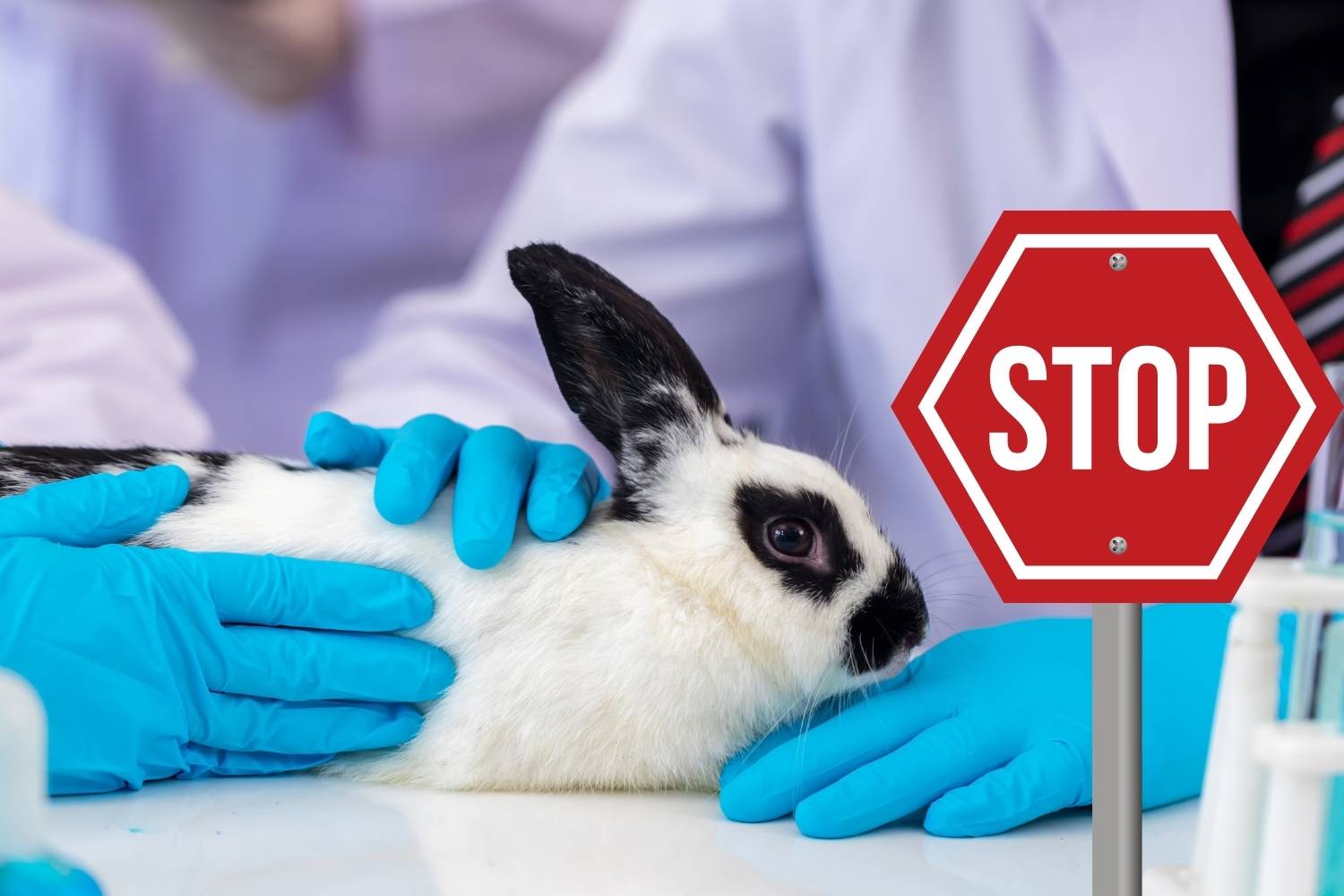Brazil bans animal testing for cosmetics, joining a global shift toward cruelty-free beauty. The law follows years of activism and applies strict rules on labeling and sales.

@Canva
Table of contents
A landmark decision for animal rights
July 9, 2025, will be remembered as a watershed moment for animal protection in Brazil. After more than a decade of relentless advocacy, public campaigns, and grassroots mobilization, Brazil’s Chamber of Deputies has passed a groundbreaking law that bans animal testing for cosmetic purposes across the country.
The new legislation prohibits the use of vertebrate animals in the testing of cosmetics, personal hygiene products, and perfumes. But it goes further: it also bans the sale of products or ingredients that have been tested on animals—even if those tests occurred abroad. The only exception applies to tests required by international regulations. However, in those cases, companies will be forbidden from labeling their products as “cruelty-free” or using misleading claims like “not tested on animals.”
A civil battle that began over a decade ago
This law didn’t come out of nowhere. It is the result of a civil struggle that began back in 2013, when the first bill on the matter was introduced. For years, the proposal languished in political limbo. But thanks to the tireless work of advocacy groups like Te Protejo and Humane World for Animals, and the backing of over 1.6 million petition signers on Change.org, the bill was brought back to life—until it finally crossed the finish line.
The message is loud and clear: Brazil is ready to build a more ethical and transparent cosmetics industry, one that aligns with the growing public demand for animal welfare and sustainable practices.
Let’s not forget that even today, in many parts of the world, thousands of animals—especially rabbits, mice, and guinea pigs—are subjected to cruel, invasive tests. These include eye irritation trials, acute toxicity assessments, and skin corrosion tests. The procedures are often done without anesthesia, causing severe pain, lasting injuries, and frequently, death.
And the most outrageous part? They’re no longer scientifically necessary.
The science is already here
Modern science has delivered more accurate, humane alternatives to animal testing. From computational models to cell cultures and 3D bioprinting, we already have tools capable of replacing animal experimentation with more reliable and ethical methods.
These alternatives not only reduce suffering—they’re also more predictive of human reactions in many cases, making them a win-win for science and ethics.
A regional and global shift toward cruelty-free standards
With this law, Brazil becomes the 45th country in the world to ban animal testing for cosmetic purposes. In Latin America, it joins the ranks of Chile, Mexico, Colombia, Ecuador, Guatemala, and Panama—consolidating a regional movement that values animal rights and public health.
All that’s left now is the President’s signature and implementation by ANVISA, Brazil’s National Health Surveillance Agency. The agency will have two years to define the protocols and standards for approving alternative testing methods.
This victory doesn’t just protect animals. It also sends a message: the future of beauty doesn’t have to come at the cost of cruelty.
What’s happening in the united states?
In the U.S., the movement against animal testing in cosmetics has been gaining traction. While there’s still no federal ban, several states—including California, New York, and Virginia—have enacted their own bans on the sale of animal-tested cosmetics. The Humane Cosmetics Act, which would outlaw animal testing for cosmetics at the national level, has been introduced multiple times in Congress, but has yet to pass. Meanwhile, many American consumers are pushing brands to adopt cruelty-free practices, and companies that fail to do so are increasingly facing reputational backlash.
Source: FAADA
